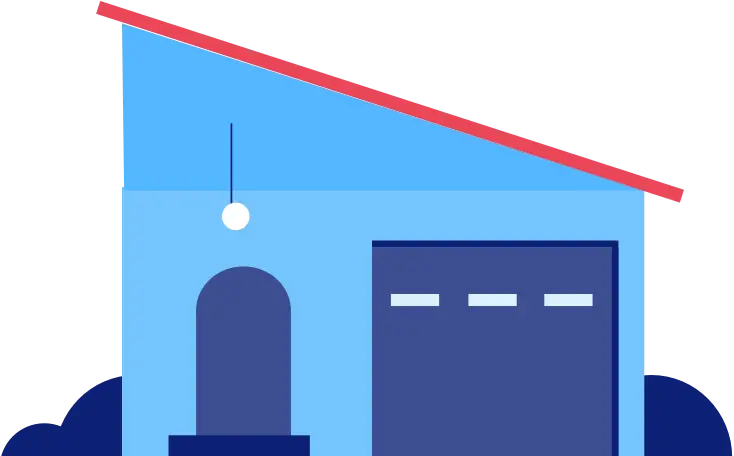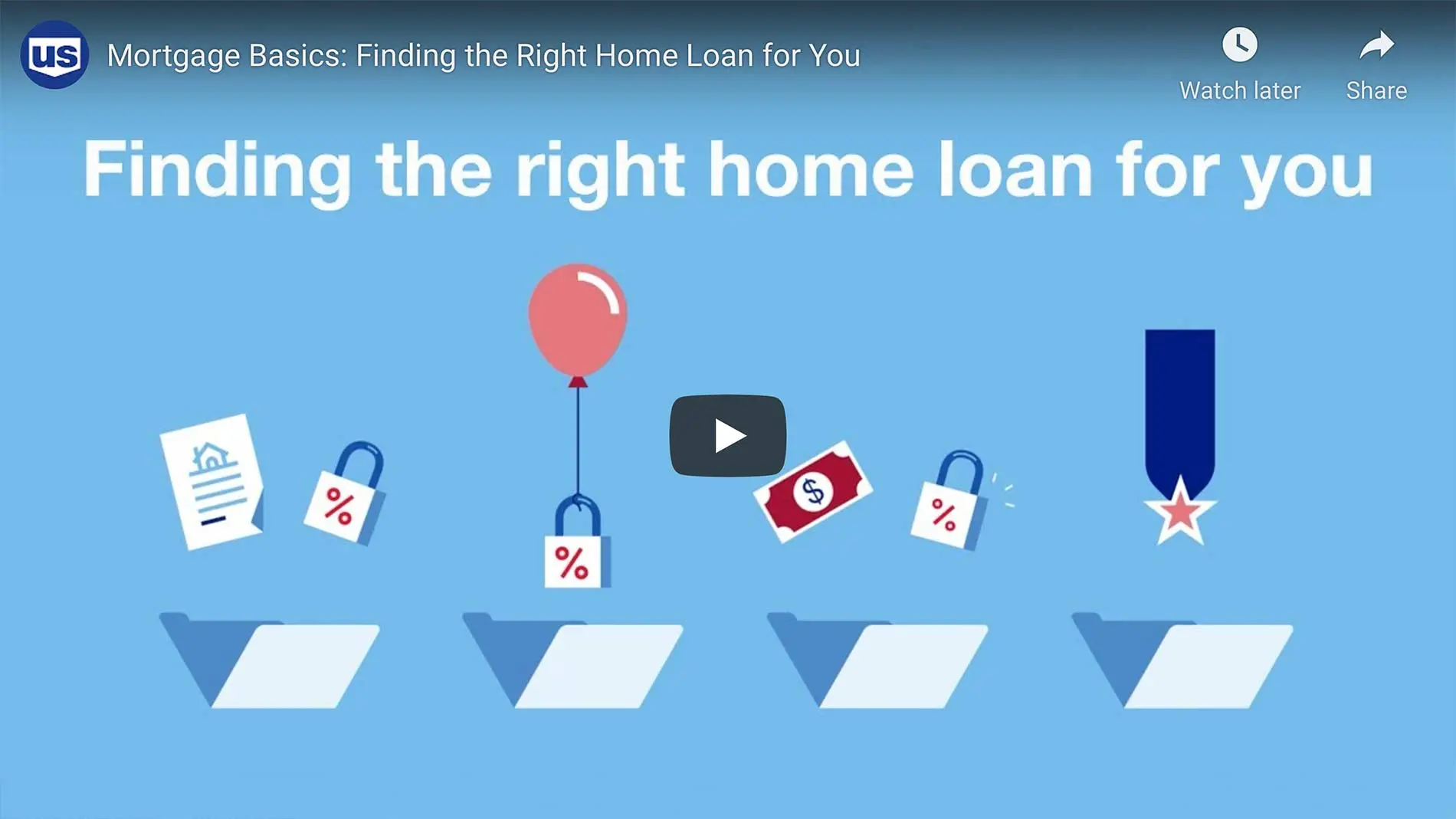3-min read

If you’re in the market for a mortgage, you’ve probably noticed just how many different loans there are to choose from. While not the only options, the most popular choices among home buyers are conventional loans and government-backed FHA loans.
With their more flexible lending requirements, FHA loans may be well-suited for first-time home buyers, particularly because those with lower credit scores may be accepted. On the other hand, conventional loans may be ideal for borrowers with higher credit scores who can also make a larger down payment.
Both options have unique advantages and disadvantages, so we’ve prepared this guide to make selecting the right loan for you a little easier.
Benefits of an FHA loan
FHA loans typically don’t require a big down payment — you can put as little as 3.5% down. If you’ve had credit problems such as a foreclosure or a bankruptcy, FHA loans have a shorter waiting period to qualify for new credit. If necessary, you can enlist another borrower such as a relative to help you qualify for the loan. Also, FHA loans are eligible for streamlined refinancing, a faster way to refinance if interest rates fall.
Things to consider about FHA loans
Your interest rate may be lower as compared to a conventional mortgage, but FHA loans require borrowers to pay both the upfront mortgage insurance premium (UFMIP) and the monthly mortgage insurance premium (MIP). This UFMIP fee is 1.75% of your loan amount, paid in a premium to FHA. FHA loans can be used only for a primary residence, not a second home or investment property, and they have maximum loan amounts that vary by state and county.

Prequalification helps you see how much you might be able to borrow.
Benefits of a conventional loan
Conventional mortgage loans usually require less documentation than FHA loans, which may speed up the overall processing time. With a down payment of 20% or more, you won’t be required to have mortgage insurance. Unlike FHA loans, you can use a conventional loan to purchase a second home or an investment property. If you’re considering a property more expensive than the FHA loan limits, a jumbo loan which is obtained through a conventional loan, may be an option.
Things to consider about conventional loans
You’ll need to make a down payment of at least 3%. If you put down less than 20%, you may be required to carry mortgage insurance. For a conventional loan, you are more likely to get a favorable rate if you have an excellent credit record and high FICO score. Since the loan isn’t insured, a lender may want to make sure you have adequate income to support the loan and aren’t burdened by a lot of other debt. Like an FHA loan, you can enlist another borrower such as a relative to help you qualify for a conventional loan or refinancing likely can’t be streamlined and requires a new credit check.

Connect with us to make homeownership a reality.
An experienced mortgage loan officer is just a phone call or email away, with answers for just about any home-buying question.
Related topics

How much house can I afford?
See how much house you could afford.

What is the average down payment on a house?
Read about saving for a down payment.

Mortgage basics
What you should know about your home loan options.
